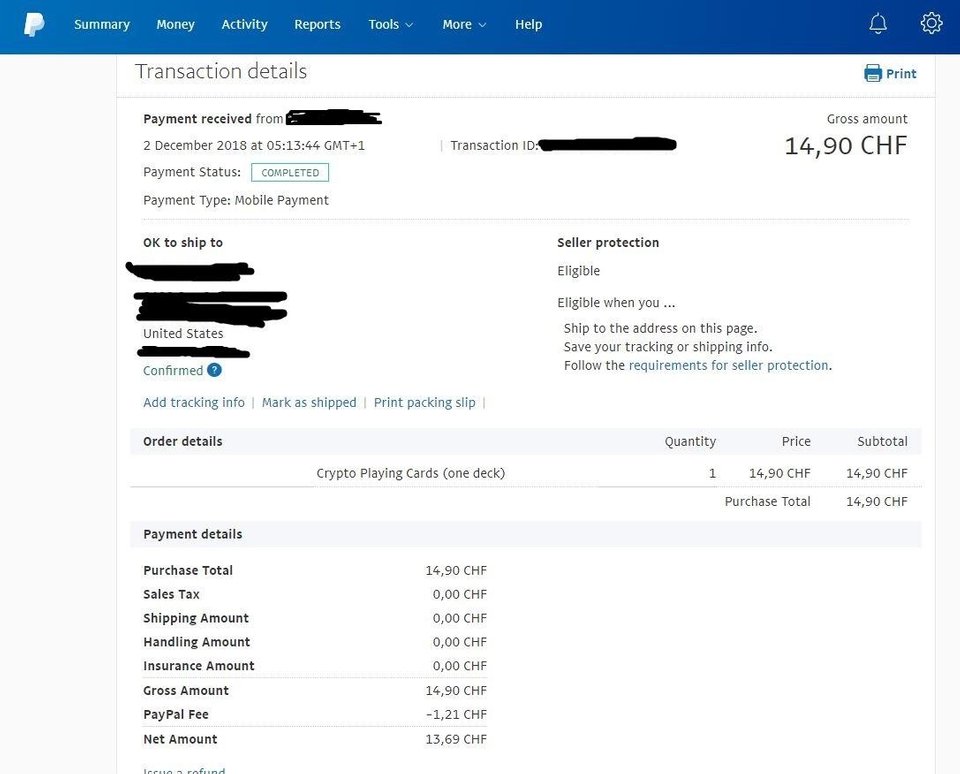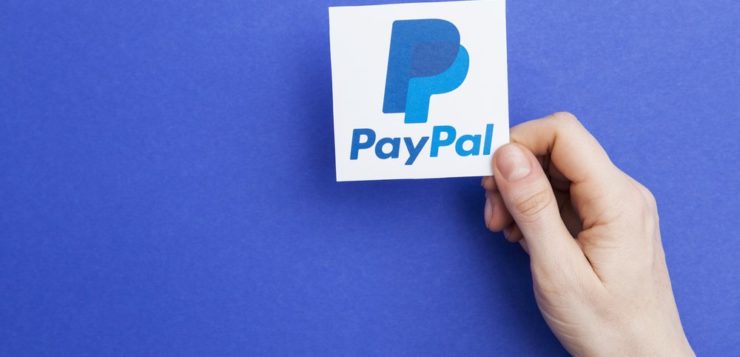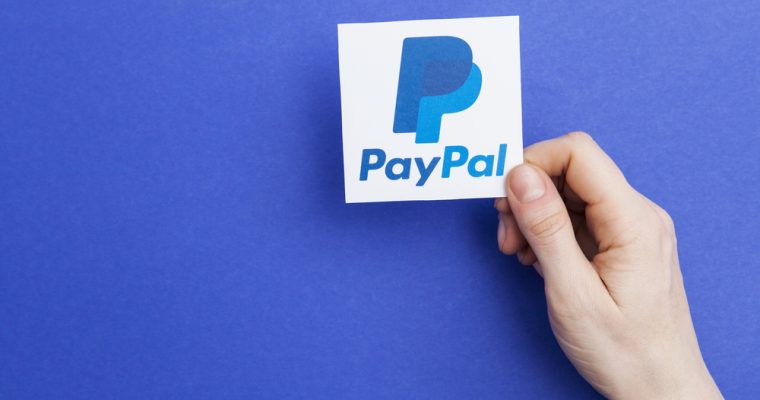PayPal, a leading payments processor valued at over $97 billion, charges merchants high percentage-based fees on top of a flat based fee of 2.9 percent. The high transaction fee of PayPal has led merchants to explore alternatives like crypto to minimize expenses.
For most normal users on PayPal, a transaction from one user to another in the same country is charged a base fee of 2.9 percent. But, if the transaction is sent to a user in a different country, conversion rates apply, often taking the fee from 2.9 percent to over 5 percent.
For merchants, the fee can exceed the range of 8 to 10 percent depending on the country a merchant or a user is based in.
8% Fee, Locking Funds For 3 Months
On a cryptocurrency-related subreddit (/r/cryptocurrency), one Switzerland-based merchant shared a screenshot of a transaction covering a payment received from a buyer with seller protection.

For a purchase of one deck of crypto playing cards worth 14.9 francs (CHF) which is equivalent to $15, PayPal charged a transaction fee of 1.21 franc, an 8.12 percent fee.
The payment seems small due to the low price of the product, but if the merchant sells 1,000 of the crypto playing cards and generates $15,000, an 8.12 percent fee on the revenue is $1,218.
Merchants often have to deal with a wide range of costs and for those dealing with physical products, merchants have to cover manufacturing costs and taxes among other expenses. An 8.12 percent fee before any other expense is deducted from the revenue places a significant burden on a merchant.
On most payments platforms, a system called seller protection also locks certain payments received by merchants from time to time for three months, disallowing merchants from withdrawing the money sent by buyers for a set period of time in case the buyer wants a refund.
Such a policy causes a major problem for merchants, especially for small businesses which are scaling, that need to address urgent payments and cover expenses with the revenue generated through e-commerce platforms and facilitated by PayPal.
The Swiss merchant said that six payments are currently stuck for another three months without a specific reason provided by PayPal.
The merchant wrote:
But now I wished I never used PayPal, got a lot of money stuck for another 3 months (6 total) and they give me no reason at all. After being a customer of theirs for 6 years one day they decided nope were gonna hold your money, ban you from our service.
Can Crypto Service as an Alternative?
Despite the increase in the value of Bitcoin and major crypto assets over the past nine years, the cryptocurrency sector has not seen an improvement in merchant adoption at the same rate as other areas of the space.
Prior to the bull run of cryptocurrencies in late 2017, it was difficult for cryptocurrency companies to convince merchants to adopt digital assets due to the lack of mainstream awareness of the asset class.
As the infrastructure around digital assets strengthens and companies like ICE and Bakkt continue to build services around it, more merchants could begin to integrate cryptocurrencies as an alternative to payment processors.
Already, the Switzerland-based merchant has integrated a cryptocurrency payments processor into an e-commerce website to experiment with digital assets.
Featured image from Shutterstock.
Get Exclusive Crypto Analysis by Professional Traders and Investors on Hacked.com. Sign up now and get the first month for free. Click here.








